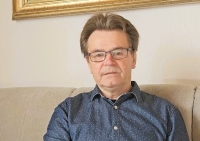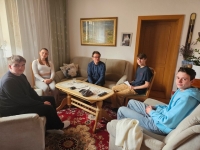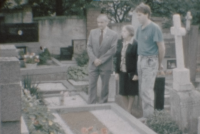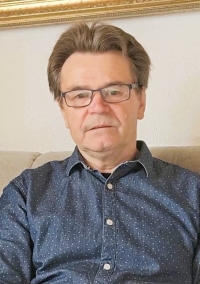My work in Geoindustria brought me to the centre of Brno dissent
Arnošt Odehnal was born on 8 February 1953 in Lipůvka. As a teenager he perceived the relaxation of conditions during the Prague Spring, when he realised that for the first time he could talk at school about things that were also talked about at home. In September 1968, he entered a secondary technical school in Brno, where some of the teachers openly disagreed with the occupation of Czechoslovakia and talked about it with their students. After completing his military service, he began working at Geoindustria, a state enterprise where the regime „cleaned up“ inconvenient people. Here he met, for example, Jaroslav Šabata, who led Arnošt Odehnal to the centre of Brno dissent. With people from the dissent, Arnošt Odehnal then participated in discussions and debates, and also with some of them visited the grave of Josef Žemlička, a pupil who was shot by an occupying soldier during 21 August 1968 in Brno. In the days of the ongoing Velvet Revolution in November 1989, he was actively involved in the organisation of the revolution activities and the events associated with it and the founding of the Civic Forum. He recalls that he was visiting the Kuřim penitentiary, where he and Mr Machourek, the dissidents‘ advocate, were checking whether there were also political prisoners in the prison. After the situation calmed down, he withdrew from politics. In 2024, Arnošt Odehnal was living in Lipůvka.



